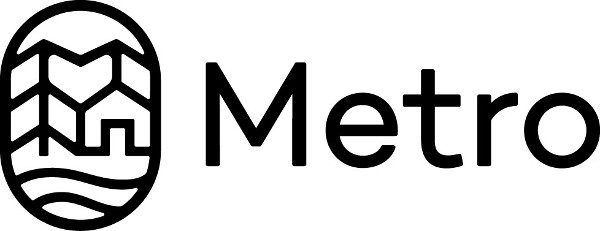OPINION: Council erred in nixing construction excise tax
Published 12:00 am Thursday, August 31, 2023

- Rogers
As most of us know, housing in Newberg is not getting any less expensive. Recent news that mortgage interest rates have hit a 20-year high, does not help.
Trending
Here are some statistics that demonstrate the challenge:
Median Newberg household income (according to U.S. Census/City Data) — $85,000. With this, a median income family can afford a 30-year mortgage of $300,000 or less.
Median home sale price (according to Redfin) — $510,000. While, to afford a mortgage for a $510,000 home requires annual household income of $128,000. (Housing is considered affordable if a household is paying no more than 30% of their gross income on rent or a mortgage).
Trending
The gap between what a median Newberg family can afford ($300,000 or less) and what is available ($510,000) clearly shows that income has not nearly kept pace with the cost of housing.
The challenge is that there are very few tools available to help address this gap and the Newberg City Council recently voted to toss out one of the most promising.
An affordable housing fee (construction excise tax or CET) is a proven way to provide incentives to construct attainable housing. Developers are charged 1% of a permit valuation fee that is used to provide incentives to build affordable units.
One of the best examples of the potential of this fee is the program established in Bend. Here is a summary from that city’s website: “The City of Bend was the first city in Oregon to implement an Affordable Housing Fee. Proceeds from this fund have been employed to develop a wide variety of housing throughout Bend. To date, the fund has generated approximately $7 million. In turn we have loaned out over $14 million dollars leveraging over $77.6 million in state and federal funding and $28.4 million in private equity; 770 units have been funded.”
The city of Newberg had an affordable housing fee in place beginning in 2020. The current City Council terminated the tool. Both this action and the timing were unfortunate.
On July 1, Newberg’s affordable housing fee (CET) was terminated. On July 3, the Newberg City Council heard an update on the long-awaited first phase of a North Newberg development.
A story in the July 27 edition of the Newberg Graphic, “Plan progresses for behemoth housing project in Newberg,” by Gary Allen), stated the Mountain View Drive development “would be one of the largest housing projects ever undertaken in Newberg.” Phase one calls for 468 units.
Given the early end to the tool (the original ordinance called for a review in 2026), this massive project will apparently not be subject to an affordable housing fee. Phase one of the project would likely have doubled the $1.2 million raised since the fee was codified in 2020. A few million dollars can make a real difference when it is used for fee (including system development charges) waivers, downpayment assistance or property acquisition.
As Bend has shown, these funds can be dramatically leveraged with state, federal and private funding. Many attainable units can be built on this fee base and the state is currently awash in housing dollars. Showing a local match through CET would be favorably received by grantors. Most importantly, affordable housing is essential to both economic and human development.
Most of the current council is new to city service and may have been swayed by what on the surface appears to be counterintuitive. Why would we add a fee when housing is already so expensive? The answer comes in, one, who is being charged, and two, the power of leverage.
The average fee collected on a $510,000 home was $2,600. If this total cost is passed completely to the buyer, it will add roughly $15 per month or less to a 30-year mortgage. A family that earns $128,000 can certainly afford this small increment to allow those who work here to live here. As Luke 12:48 notes “To whom much is given, much is required.”
It should also be remembered, like systems development charges (SDCs), the fee is charged on new construction, which does not negatively impact current residents. Any impact on current residents will be positive in terms of more available affordable housing options. One other note, if SDCs are simply reduced, there is no power of leverage gained.
Although the miss on the Collina at Springbrook project is a painful setback to anyone who believes our adult children should be able to work and live here (not in their parent’s home), or that employers should be able to attract and retain workers, all is not lost.
The council can right the wrong by reversing their decision and renewing one of the very few affordability tools available to the city of Newberg and its residents. Apparently, there are hundreds of housing units in the pipeline, so time is of the essence.
Newberg residents should strongly encourage the council to revisit and reinstate the affordable housing fee to benefit all Newberg residents, not just those who can afford a $510,000 mortgage.
Please call or write to your councilor.
Rick Rogers is Newberg’s former mayor







